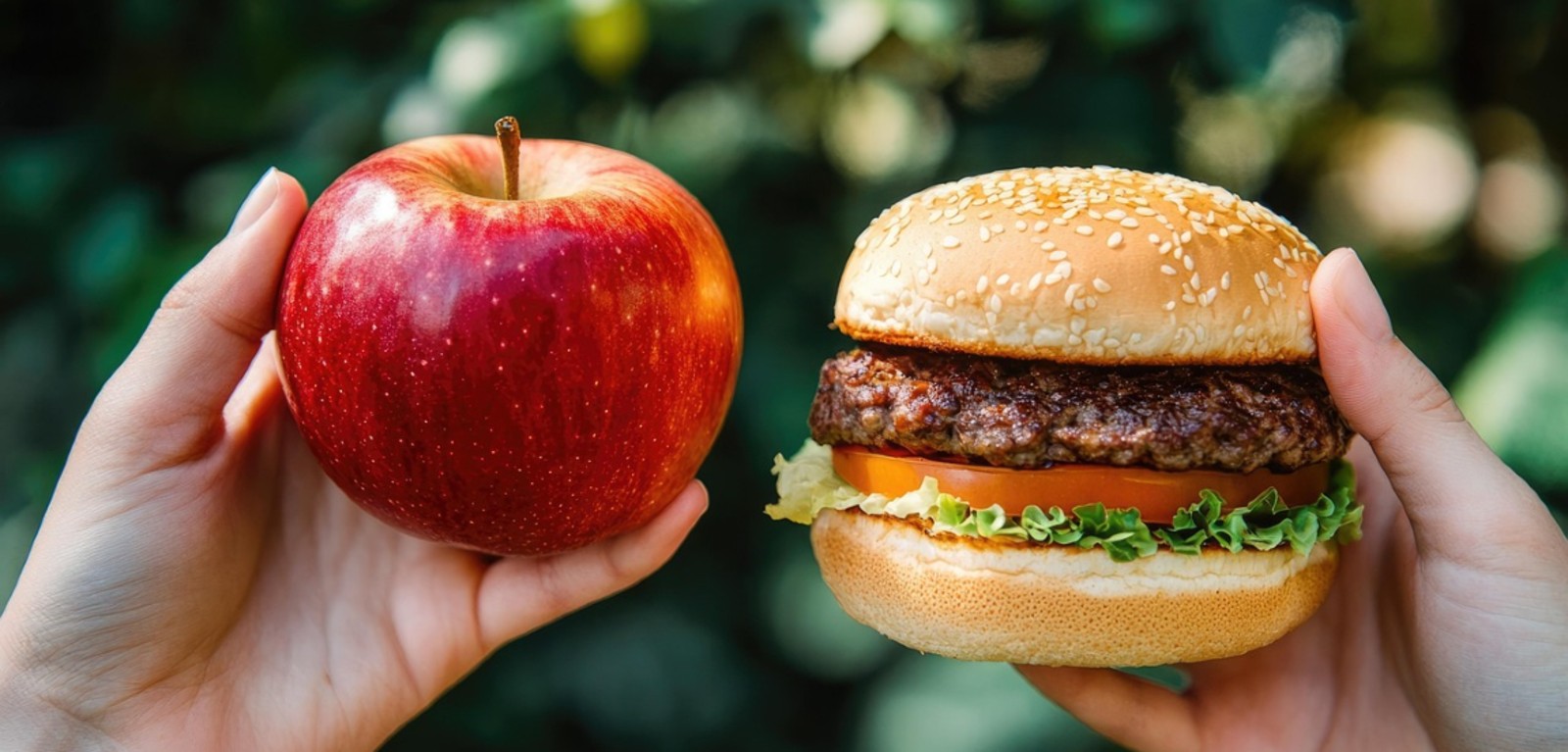Queen’s part of project encouraging healthier, more sustainable food choices
Researchers at Queen’s University Belfast have played a leading role in developing a new ‘Sus-Health Index’, a single, easy-to-read measure that aims to communicate both the nutritional value and environmental impact of foods to consumers.

The index is unveiled in a special issue of the Royal Society journal Philosophical Transactions B, as part of UK Research and Innovation’s (UKRI) five-year, £47.5 million Transforming UK Food Systems (TUKFS) programme.
The UK food system faces major challenges, rising diet-related diseases, the cost-of-living crisis, climate change and biodiversity loss.
The Sus-Health Index offers a practical tool to help consumers, businesses, and policy-makers make food choices that are healthier and more environmentally friendly.
Professor Paul Brereton from the School of Biological Sciences and the Institute for Global Food Security at Queen’s said:
“It is fantastic to see years of hard work come to fruition with the publication of our research findings. This research has been co-designed with a range of representatives from industry, policy and consumers, and aims to help promote informed, sustainable, and healthy consumer choices, fostering transformative change across the agri-food sector.”
The Sus-Health Index is one of 27 evidence-based actions highlighted in the UKRI programme to transform the nation’s food system, alongside measures such as healthier high-fibre school breakfasts, expanding healthy-food voucher schemes and reducing the carbon footprint of hospital meals.
Professor Guy Poppy, Director of the UKRI Transforming UK Food Systems programme, said: “Food is at the heart of our health, our environment, and our economy. These recommendations show the UK can act now, with practical steps that make food fairer, greener and more resilient. Getting food right can help address some of the biggest challenges of our times: increasing productivity, reducing climate change and tackling obesity.”
The Sus-Health project, funded by the Biotechnology and Biological Sciences Research Council (BBSRC), is a collaboration between Newcastle, Queen’s and Northumbria Universities that aims to assess whether a single combined label, using a simple A–E, traffic-light style rating, can guide consumers towards meals that are more nutritious and environmentally friendly.
The index draws on the UK Nutrient Profiling Model to capture nutritional quality and the European Food Environmental Footprint Single Index to capture environmental impact.
The result is a single, colour-coded score, ranging from dark-green ‘A’ (best) to dark-red ‘E’ (worst), that can be applied to foods or meals.

Professor Paul Brereton
Media
Media enquiries to Grace White at Queen’s Communications Office on email: g.white@qub.ac.uk